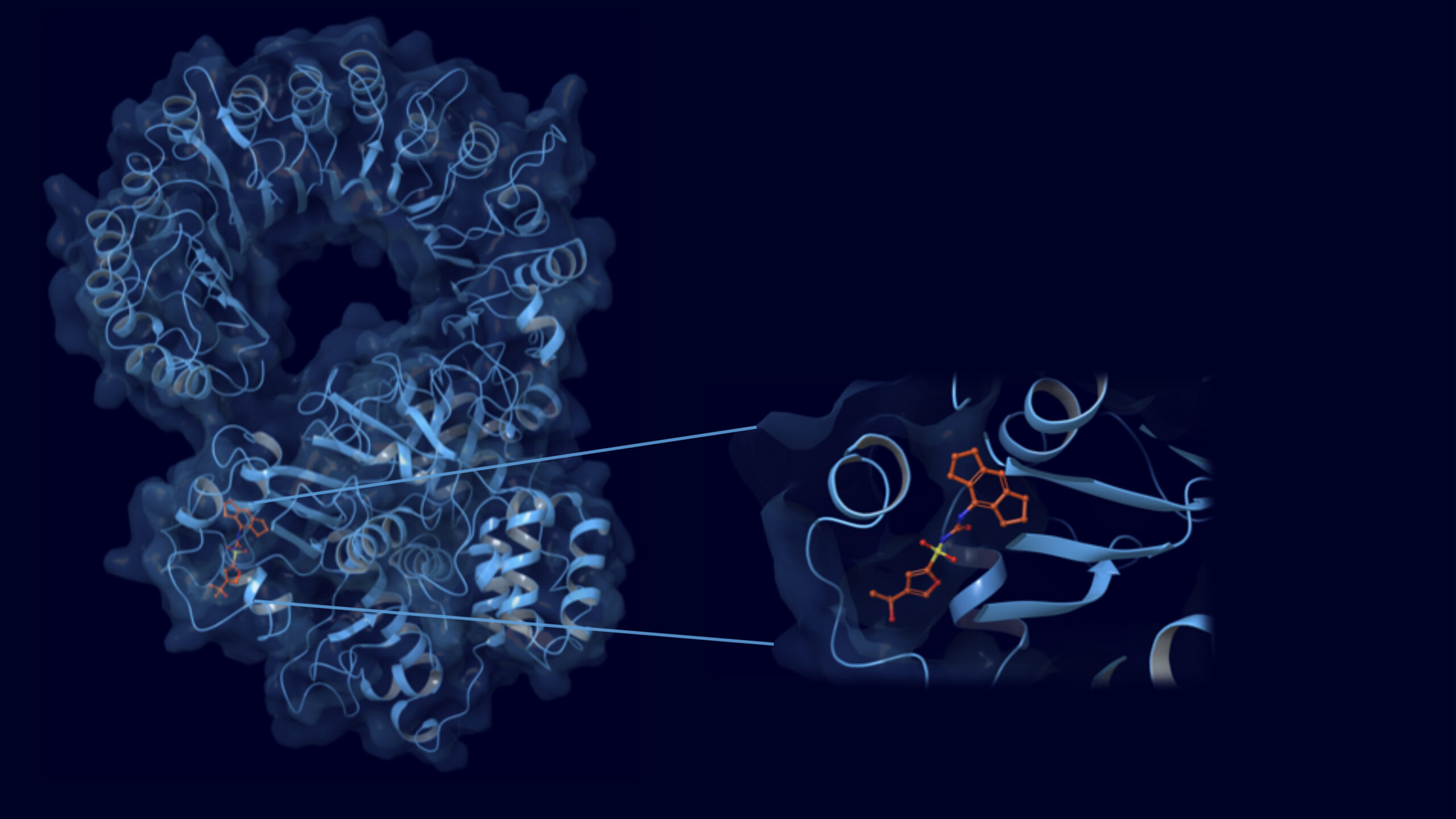
R-CaRe - Regenerative Cartilage Reheabilitation
Brief description
Focal cartilage lesions represent an important problem that mainly affects the active population at a young age. Currently, the traditional first-line treatment employs the use of the microfracture technique, used in over 100,000 cases / year in the United States. However, this technique still has limitations in terms of long-term efficacy and does not always ensure a rapid return to the pre-injury level. In fact, about 25% of microfractures require re-surgery within 2 years, with a high probability of treatment failure and the development of arthritic pathologies within 5-10 years. Furthermore, rehabilitation after microfracture treatment takes up to 6 months and includes initial immobilization followed by continuous passive movement and progressive loading. However, there is no consensus on the timing and extent of joint loads that can lead to optimal rehabilitation. Since mechanical forces significantly affect cellular behavior (mechanobiology), anticipating the time when the joint is loaded could improve tissue healing, accelerate extracellular matrix deposition, and promote a more hyaline rather than fibrocartilaginous phenotype of regenerated tissue. as suggested by the results of animal and in vitro studies. We expect that mechanical loading during rehabilitation can be exploited to direct the formation of regenerated tissue. With this project, we aim to improve cartilage repair outcomes by identifying loading regimens that can be applied during rehabilitation to promote cartilage regeneration, improve tissue repair and extend its longevity.
Impact:
Currently there are no reference values regarding the timing and extent of joint load to be applied for optimal rehabilitation after microfracture, since the mechanisms by which controlled mobilization promotes cartilage repair are still unknown. The results obtained after the completion of the project activities will provide a link between physiotherapy-induced mechanotransduction and regeneration and integration of repair cartilage. This study will provide indications for modifying current rehabilitation protocols and, in the long term, postponing the development of osteoarthritis. As a further added value, the technological platforms developed in this project could be applied in addition to the field of cartilage repair, also to other orthopedic injuries, as well as to the development of preventive measures on rehabilitation. Our platforms have in fact a precise control of the various load parameters to identify the regenerative load patterns in vitro that can be replicated in vivo through rehabilitation protocols for both treatment and prevention.
Pipeline
-
CLINICAL
NEED -
DISEASES
ANALYSIS - DISCOVERY
-
PRECLINICAL
VALIDATION -
PRECLINICAL
DEVELOPMENT -
CLINICAL
STUDIES

Principal Investigator
Contact
Therapeutic area:
Products:
Medical devices & tissue engineering
Collaborations:
- Bioengineering and Biomaterials Laboratory, Children’s Hospital of Philadelphia (CHOP), Philadelphia, USA
- Dept. of Pediatrics, Perelman School of Medicine, University of Pennsylvania (UPenn), Philadelphia, USA
- Dept. of Bioengineering, School of Engineering and Applied Sciences, University of Pennsylvania (UPenn), Philadelphia, USA
- Center for Cellular and Molecular Engineering, Dept. of Orthopaedic Surgery, University of Pittsburgh, Pittsburgh, USA
Scarica il pdf del progetto
